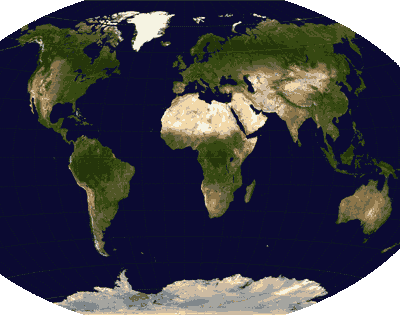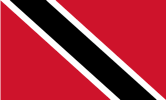Welcome to IfItWereMyHome.com
The lottery of birth is responsible for much of who we are. If you were not born in the country you were, what would your life be like? Would you be the same person?
IfItWereMyHome.com is your gateway to understanding life outside your home. Use our country comparison tool to compare living conditions in your own country to those of another.
You can also use our visualization tool to help understand the impact of a disaster. The Pakistan Flood and BP Oil Spill are currently featured. Check out the individual pages to gain some perspective on these awful tragedies.
If you're not sure where to begin, try this week's featured country, Trinidad and Tobago


